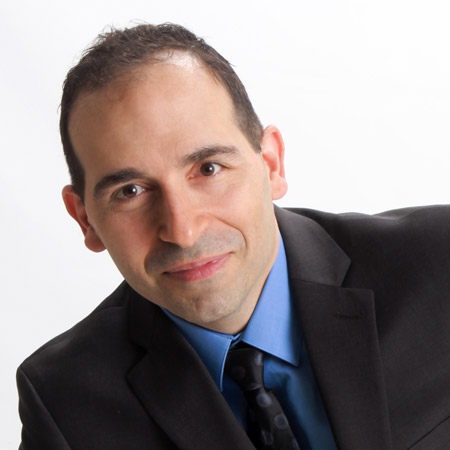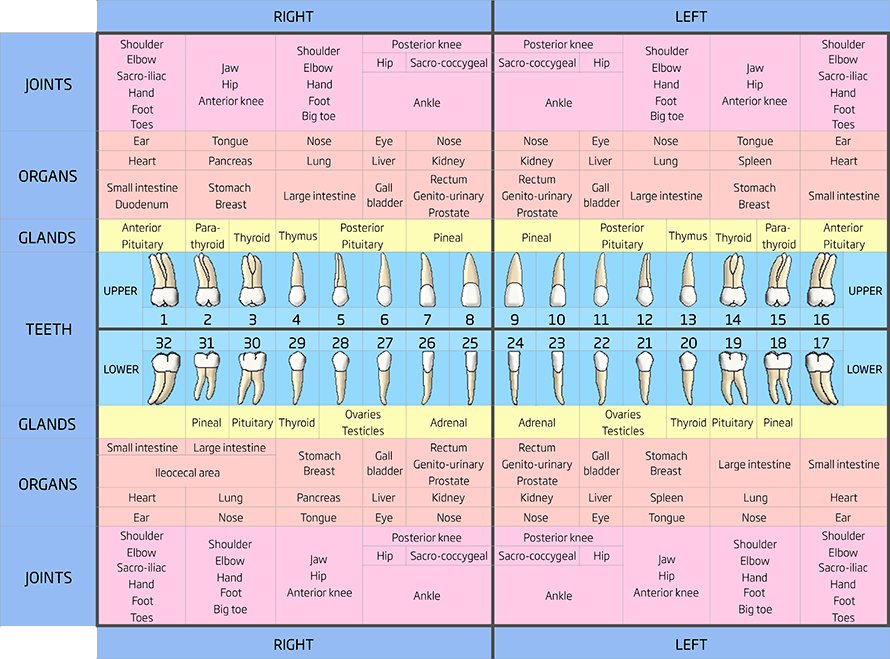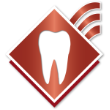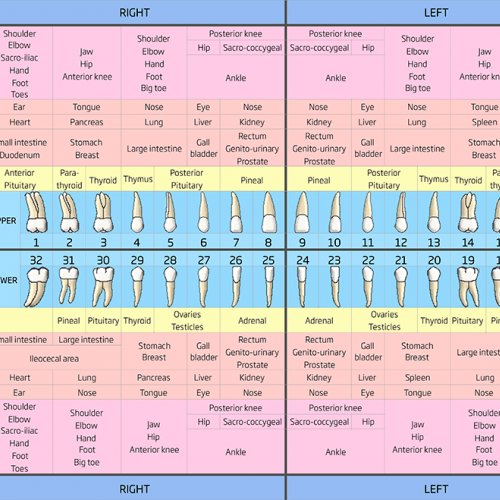
Biological dentistry is dentistry with a focus on whole body health in a way not typically recognized in the industry. It's a refreshing approach which aims to finally solve the many mysterious relationships between teeth and health by revealing how teeth can actually be the direct cause or the cure to many health ailments.
Biological dentistry corrects outdated or sometimes biased information that has negatively impacted the health of millions. It brings to light new connections that remained previously unknown or misunderstood. It looks deeper into materials like mercury and fluoride to determine what effects they really have and what to do about them. It looks at connections between inflammation and gum health, digestion and toxins, oxidation and aging, nutrition and cancer, cavities and heart disease, just to name a few.
Whether you have missing teeth, crooked teeth, root canals, wisdom teeth, cavities, gum problems, or metal toxicity, the answers you seek may lie in biological dentistry. You may be surprised or relieved to learn that thyroid issues, hormonal imbalances, fatigue, autoimmunity, blood pressure, and so many other conditions may be directly related to dental problems.
To understand the position of biological dentistry, it's important to understand its origins and its departure from conventional dentistry.
Conventional dentistry is a huge part of our lives. It is best known to most people through their own personal experiences ranging from check-ups and dental cleanings to braces and filings. Most people also know it has a long track record of about 200 years and a huge following of about 200,000 US dentists. Dentistry also has strong support and backing with its three controlling branches:
1. US dental schools which teach dentistry diligently;
2. the state dental boards which license and enforce its scope strictly; and
3. the ADA and other state and local trade associations which promote it with marketing, political support, and education.
These three entities define the highly regulated dental industry. They "decide" what dentists are supposed to know and do.
Conventional dentistry certainly has an interesting reputation — on the positive side it's straight teeth, bright smiles, and comfortable chewing. On the negative side it's needles, root canals, and high costs. As a profession, dentistry originally garnered the respect of colleagues and the public. And then in more recent times, it has suffered some blemishes like "you NEED 6 veneers" and ended up slipping downwards on the trust scale. It doesn't help that there are dental offices in many strip malls next door to liquor stores, coin-laundries, and smoke shops.
Dentists do keep up with current research. We are required to, and we love to. Learning is fun, motivational, and important to our patients' well-being. These "continuing education" classes include topics on technology, procedures, infection control, and much more. Keep in mind that the contents of these classes is regulated by the industry using an approval process handled by the state board.
This is all good. It's necessary to be able to have an organized and regulated system for dentists to safely and effectively provide care to patients who need it. We don't want dentists practicing outside their scope and trying to perform heart surgery for example! So by design, this system has boundaries and limits. Courses are only approved if they fit into the scope of dentistry. Research is only funded if it furthers the interest of the dental industry. Dental schools are structured around this body of knowledge defined by the system.
With all these regulations and boundaries, is it perhaps possible that the system is too restrictive at times? Maybe something important was missed or left out?
Well, we know that both the ADA and FDA claim that the mercury in amalgam fillings is safe. I think everyone except dentists knows that's not true. They say the same about fluoride — that it's safe, and it reduces the risk of cavities. They also say the same for root canals — they are safe and effective at eliminating pain and saving teeth. Everyone should get their wisdom teeth out. Doesn't hearing that just make you wonder?
So what's the truth?
Enter biological dentistry.
Biological dentistry looks at these claims made by the dental industry and considers them carefully. The motto in biological dentistry is, "Show me the proof." It's not about opinions or biases, likes or dislikes. It's about facts and real science -- not "fake" science that much is based on. There is an abundance of research on mercury, fluoride, and oral infections. Some of this research fits into the system and is adopted and promoted. But some doesn't quite fit in. The information outside the box contradicts some that is inside the box. Does that mean it's wrong? Some would argue yes, that if it's not part of the system it must be wrong. Loyalty to the system is admirable. But how is it possible that the system be all-encompassing if it's limited by design? It can't be perfect. There must be something more.
Science that is rejected because it's inconvenient is still valid science.
When the claim is made that "mercury in your teeth is safe," your sense of skepticism must be tickled -- using the most toxic element on earth in the mouth? Hmm.
Certainly there's a possibility that truth can exist outside the box. Truth should never be denied, especially not for simplicity's sake, or worse, financial reasons. If it's not part of the current system, perhaps a new system is needed — a science-based system that values truth above all else and looks beyond the politics.

Because of this, biological dentistry is getting a lot of attention lately. Maybe you've read posts on Facebook or Instagram. Maybe you've seen the movie on Netflix called "The Root Cause." It was available for a few months but was taken down in March of 2019 due to its controversy and pressure from the industry. It sparked some heated debates between conventional dentistry and biological dentistry. These discussions and debates are much-needed and long overdue.
Biological dentistry is about considering the real basis for health and disease. It's about connecting the dots and realizing, for example, that cavities or gum disease could perhaps be caused by a vitamin deficiency, and not just by "forgetting to floss." It's about mastering conventional dentistry and refining it with consideration for genuine health and science. It's not a specialty; it's not a replacement. It's an extension to conventional dentistry, or more simply a style of dentistry. "Functional dentistry" is an appropriate descriptor.
Biological dentistry is an amazing journey for doctor and patient alike. It's exciting in ways that are hard to articulate, or even a bit scary to admit. To improve mysterious illnesses like tinnitus, multiple sclerosis, Parkinson's, or IBS as a result of health-oriented dentistry is unexplainably exhilarating. No, of course biological dentistry makes no promises or claims to treat any illness outside the scope of dentistry. But it's not an unreasonable stretch to say that toxins or infections in the mouth take a toll on the body. In fact so much evidence is available demonstrating these links and connections! And ultimately, it's infinitely more rewarding to be able to understand and implement techniques that bring health to people in unexpected ways. Imagine, four years of back pain, suddenly GONE, after some simple biological dentistry! Again, no promises can be made and no expectations should be held outside the scope of tooth-focused dentistry.
Biological dentistry isn't a threat to conventional dentistry. It's a refinement that benefits everyone. It is something we biological dentists can't stop talking about, because it's consistently surprising us. It's something we want everyone to experience. It's something we hope every dentist will learn so that we can all benefit, and so that the generations to come, our children, can benefit and thrive and live happily and healthily. We all deserve a better, healthier, honest approach. It's time.

Categories: Biological Dentistry






